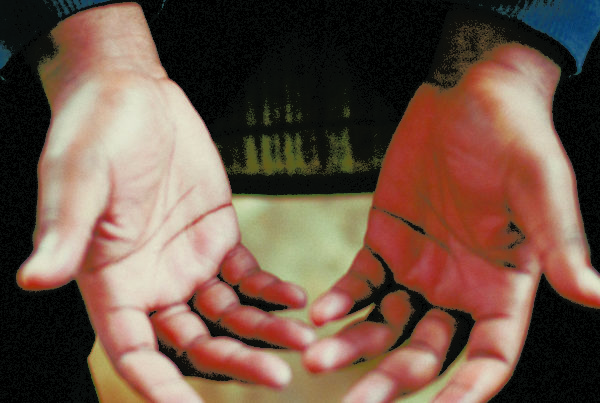It’s true. Some of the Unreached have moved within our reach if we will but reach out and touch them. This past month, we traveled to England to pray and explore options for reaching refugees there from a very troubled East African land. The first thing that strikes me about these immigrants and the forcibly-displaced is that they try their best to become somewhat invisible, at least in the beginning. But in time, one can’t help but pick up on the fact that, “Hey, you’re not from around here, are you?”
 Take one look at this picture that features the sign, “Maida Somali Cuisine.” Take a look at the street in front of that storefront. That’s the way the new London appears on many blocks. It’s a tapestry of colors, languages, and backgrounds.
Take one look at this picture that features the sign, “Maida Somali Cuisine.” Take a look at the street in front of that storefront. That’s the way the new London appears on many blocks. It’s a tapestry of colors, languages, and backgrounds.
Where Does the Church Land?
The English, meanwhile, are doing their best to be amicable about the whole thing. They pride themselves on being more open to immigrants and refugees than, say, the USA. The question is — where does the church land in all this? I wish the question wasn’t so politically loaded. Because, biblically speaking, it seems we have pretty clear instructions on this one.
- “When a foreigner resides among you in your land, do not mistreat them. The foreigner residing among you must be treated as your native-born. Love them as yourself, for you were foreigners in Egypt.” (Leviticus 19:33-34)
- When you reap the harvest of your land, do not reap to the very edges of your field or gather the gleanings of your harvest. Do not go over your vineyard a second time or pick up the grapes that have fallen. Leave them for the poor and the foreigner. (Leviticus 19:9-10)
- He defends the cause of the fatherless and the widow, and loves the foreigner residing among you, giving them food and clothing. And you are to love those who are foreigners, for you yourselves were foreigners in Egypt. (Deuteronomy 10:18-19)
- Even Jesus spoke about this. “For I was hungry and you gave me something to eat, I was thirsty and you gave me something to drink, I was a stranger and you invited me in, I needed clothes and you clothed me, I was sick and you looked after me, I was in prison and you came to visit me.’”(Matthew 25:25-36)
- For the entire law is fulfilled in keeping this one command: “Love your neighbor as yourself.” (Galatians 5:14)
- In Luke 10, a man asked Jesus, “Who is my neighbor?” Jesus told a story (the Good Samaritan) which taught that “the one who had mercy,” was the one being a good neighbor — and the one who loved like Jesus loves. Wow. We have big shoes to fill if we’re going to fill those of the Christ.
One Worker’s Experience
This past month, I couldn’t help but notice the report of one of our own Team Expansion workers who serves in a USA city filled with 200,000 Middle Easterners (and practically 100% of them would be Muslim). He wrote,
“Every week it seems, my wife and I are learning more and more that discipleship has a high cost of convenience. Earlier this month, we had a family of 7 [from a Middle Eastern land] live with us for a week while another living situation was being arranged for them after their house full of possessions was burned. While it wasn’t particularly convenient, it sure was a rich experience that allowed for a deep relationship to form. As I look back and think on this experience and ones similar to it, both big and small, I find tears come quickly. The times that have pushed us the most or cost us more than we expected have almost always turned out to be some of the richest and most valuable experiences. The cost of convenience may be high when you give of yourself but we have found that is a price well worth paying. As we’ve mentioned in the past, the only thing we take with us when we leave this planet is people.”
Some of the Unreached have moved within our reach — if we will but reach out and touch them.




